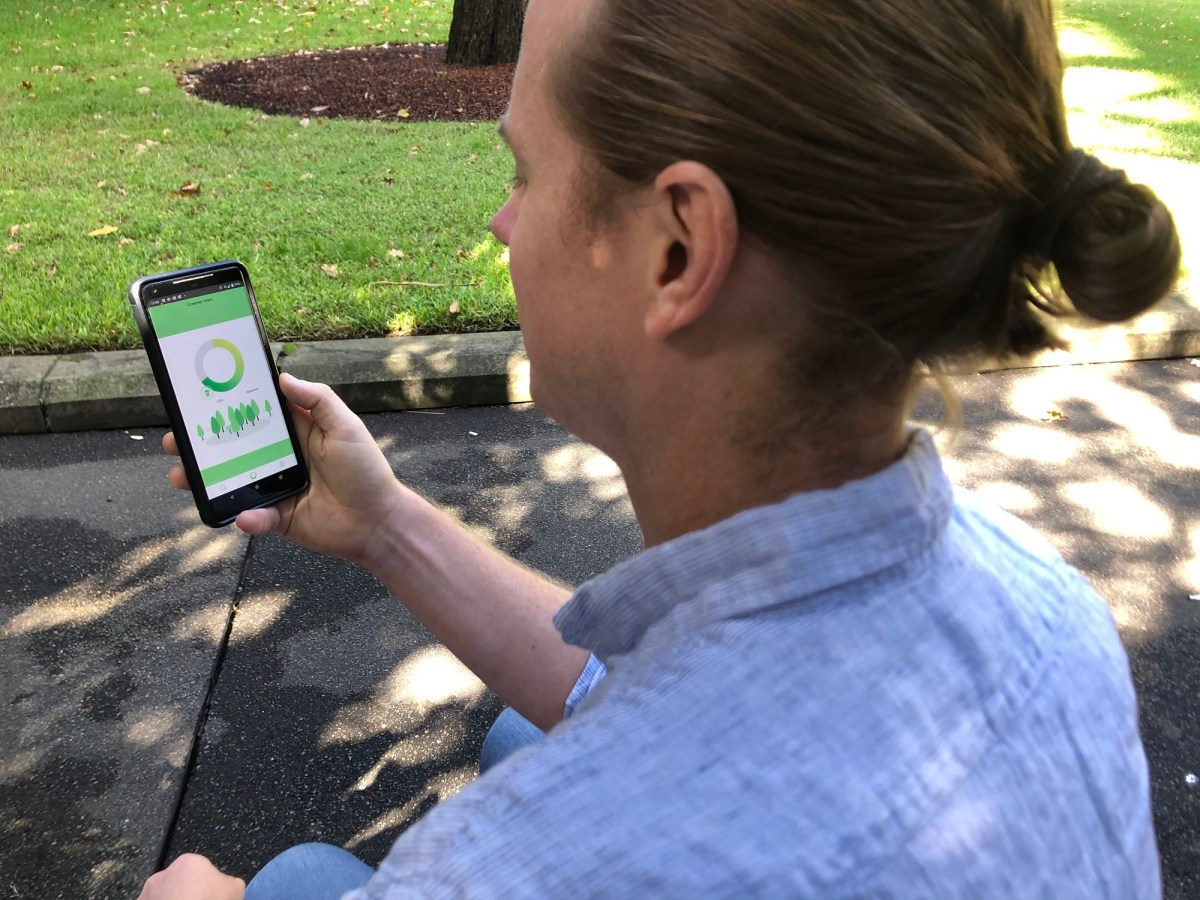The market opportunity for green brands in Australia is estimated to be worth more than $400 billion annually, according to estimates from Sydney-based sustainability start-up, Greener.
This is reinforced by Forbes research which concludes that almost nine in 10 (88%) consumers want brands to help them live sustainably. Australians generally believe businesses must play some role in stopping or addressing climate change, and the vast majority say they also want to reduce their own personal carbon footprint – but many are unsure where to start.
“We know the green economy is not a fad – it is the future,” Greener CEO and co-founder, Tom Ferrier said. “Entire economies and trillions of dollars are now moving carbon neutral.”
The Greener app is officially launching in 2022 to make it easier for consumers to identify brands that are on the sustainability journey. It then calculates the carbon emissions of what consumers buy and automatically turns the purchase carbon neutral by partnering with organisations that plant carbon-consuming forests.
“What is most exciting about the green economy is the impact it can have. If we can get consumers and brands working together, we could help remove the equivalent of 58 million cars off the road each year – that’s three times the amount of cars on Australian roads right now,” Ferrier said.
During a webinar this month, Greener invited leading Australian organisations, businesses and academics to share their passion for a greener world, highlighting practical and achievable ways for businesses to get greener.
Harvard University Sustainability, Transparency, Accountability Research Lab, (STAR Lab) founder, Professor Michael Hiscox has been working with large Australian and international brands over the past decade to help them supercharge their sustainability efforts.
Hiscox says there is strong evidence proving that consumers are aligning their personal values with those of the brands they buy, and this is apparent when it comes to concerns about climate change.
One trial with an apparel brand showed a 7% lift in sales of women’s denim when promoting a green initiative compared to just referencing style. In another, adding a Fair Trade certification badge to packets of coffee in a grocery chain drove a 10% increase in sales with no resistance to a 10% price premium.
“To build trust, companies must be prepared to invest in independent verification or certification. That is what distinguishes a genuine green company from a marketing campaign.”
Certification company B-Corp B-Lab Australia and New Zealand CEO, Andrew Davies agrees, with a stark warning for companies who might be just seeking to profit from the booming green economy: “If you’re looking for a fast bump in sales from strapping on a trust mark, then don’t bother”.
Certification is primarily about holding yourself and your company to account and examining all aspects of the business to design it for a positive impact, according to Davies.
T2 global brand director, Amy Smith is convinced the green economy is going to become the economy of the future.
“If you look at Gen Zs and Millennials, there is a complete shift: they understand the area of personal responsibility when it comes to climate change. They are not just looking at someone else to solve that problem, but asking what they can do, and how,” she said.
“This is where Greener comes in. We are excited about Greener because the idea of personal accountability – and managing it in a way that is fun – is going to be critical for the world to reach sustainability targets. We can’t just rely on governments and companies.”
In conclusion, Ferrier said, “At Greener, we don’t know what could be more meaningful for the customer than helping end climate change. It’s not about a handful of organisations doing ‘green’ perfectly – it’s about thousands of businesses doing green imperfectly.”
Greener ensures companies and brands on the app are legitimately committed to climate-friendly initiatives by recognising more than 70 international standards or accreditations that allow companies to prove their green credentials.
In trials this year, consumers were able to reduce the carbon emissions of their spending by almost one-third (28%). Greener is now accepting expressions of interest from businesses who want to be part of this world-first coalition.

